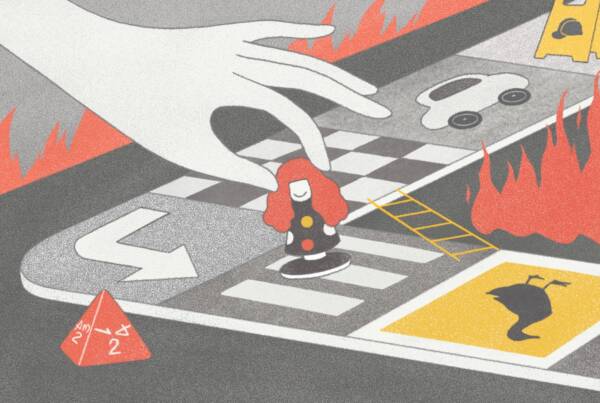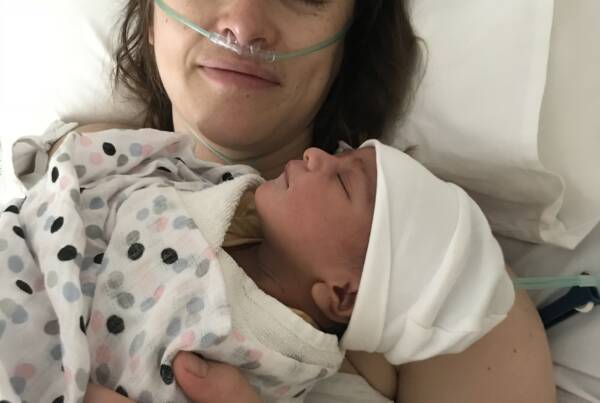Writing by Haylee Penfold // photograph by Marta Nørgaard // For a lot of people with chronic illnesses, telling the person you’re on a date with can be terrifying because you don’t want to be treated differently.
Writing by Haylee Penfold // photograph by Marta Nørgaard
Being chronically ill can change a person’s life dramatically, every aspect of their life can be flipped upside down. Every part of an individual’s independence can be challenged, depending on the severity of their condition, they can be put out of work or need constant care and assistance with day to day activities.
For friends and family, it can sometimes be hard to understand just how bad flares can be. Being with someone new when a flare or bad day occurs can be frightening, the worry of if you are able to trust them in a situation when you are most vulnerable is tricky – especially with the frightening statistic that 90% of disabled women are sexually assaulted.
For a lot of people with chronic illnesses, telling the person you’re on a date with can be terrifying because you don’t want to be treated differently – to be given pity or to be treated like the “sick girl”. Being truthful in the beginning is the best way the majority of the time, because wasting time with someone who doesn’t respect your situation isn’t what you need. For me, on the first date with my boyfriend I told him straight up – in the least terrifying way I could – that at any moment while I’m standing, I could lose consciousness. His response was great, he asked questions, but didn’t pity me because his perspective of me didn’t change, he told me it was just a part of me not all of me.
One element of relationships that can be a challenge for those who are chronically ill is intimacy. It can sometimes be hard to feel sexy in a body that can change when symptoms arise, I know I feel that way when my stomach bloats so much I could pass as four months pregnant. Even without the issue of getting in the mood, there is the problems that can arise during the act of intercourse. Experiencing things like pain, bleeding and lethargy during sex is a challenging thing to address with a new partner. However, if there are times where sex is doable an understanding partner, like my own, will take the time to find positions and ways to make sex more enjoyable and comfortable for the both of you. If sex isn’t something that can occur there are other ways to ensure intimacy in a relationship that don’t include sex.
A year into our relationship my partner says the thing he admires about me most is that I let him have his bad days too. As much as I depend on him day to day, I still want him to know that I know he is human and he is allowed to have days where he feels down and unwell. Being in a relationship with someone chronically ill, my boyfriend has learnt a lot since since the start of our relationship. He’s seen people completely disregard my identity and only ask about my health, which can come from good intentions but he understands the frustration when it occurs, that to some I have become the “sick girl”. He has also been exposed to the hardships that come with living this way. We have been shopping and parked in a disabled spot with the correct permit and have received glares from people and even questions of why we were parking there, because people have the misconception that all disabilities are visible.
My advice for anyone in a relationship, or friends and family of someone chronically ill is to make the effort to listen and educate yourself on what the person is going through. Build patience on their bad days, understand when plans are cancelled and don’t take it personally. It is important to be supportive and helpful but learn the boundaries, sometimes unsolicited advice can be hurtful because, majority of the time, all options have been exhausted. The amount of times I’ve heard “have you tried yoga?” is getting comical.
Finally, when they have a good day, celebrate it but don’t overdo it. At the end of the day just BE NICE. Think about how you’d like to be treated in their situation and do exactly that.







